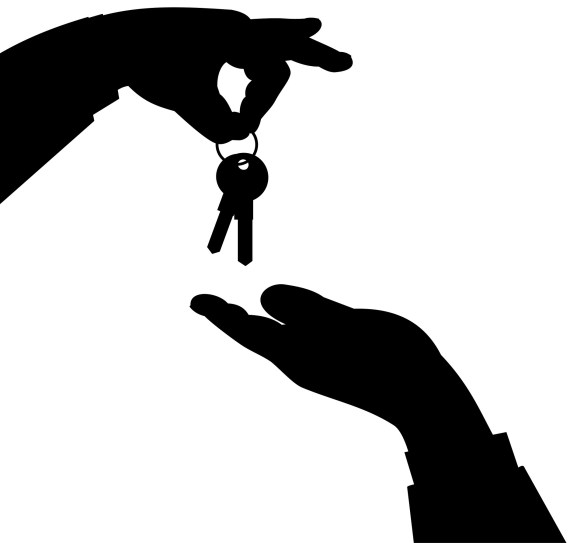 WiseBread quoted me in 5 Things You Need to Know When Renting-to-Own a Home. It opens,
WiseBread quoted me in 5 Things You Need to Know When Renting-to-Own a Home. It opens,
Your credit scores are too low. Or maybe you’ve run up too much credit card debt. Whatever the reason, you can’t qualify for the mortgage loan you need to buy a home. But there is hope: You can enter into a rent-to-own agreement and begin living in a home today — one that you might eventually be able to buy.
Just be careful: David Reiss, professor of law and research director for the Center for Urban Business at Brooklyn Law School, said that consumers need to be careful when entering rent-to-own arrangements. Often, these agreements end up with tenants losing money that they didn’t need to spend.
“Potential homebuyers should be very careful with rent-to-own opportunities,” Reiss said. “They have a long history of burning buyers. Does the law in your state provide any protection to a rent-to-own buyer who falls behind on payments? Could you end up losing everything that you had paid toward the purchase if you lose your job?”
These worries, and others, are why you need to do your research before signing a rent-to-own agreement. And it’s why you need to know these five key facts before agreeing to any rent-to-own contract.
1. How Do Monthly Rent and Final Selling Price Relate?
In a rent-to-own arrangement, you might pay a bit more in rent each month to the owner of a home. These extra dollars go toward reducing a final sales price for the home that you and the owner agree upon before you start renting.
Then, after a set number of years pass — usually anywhere from one to five — you’ll have the option to purchase the home, with the sales price lowered by however much extra money you paid along with your monthly rent checks. Not all companies that offer rent-to-own homes work this way. Some don’t ask for more money from tenants each month, and don’t apply any rental money toward lowering the eventual sales price of the home.
This latter option might be the better choice for you if you’re not certain that you’ll be able to qualify for a mortgage even after the rental period ends.
“A pitfall is if the tenant buyer signs into the program but will never be approved for financing, thus never purchases the house,” said John Matthews, president of operations of Chicago Lease to Own. “That is how the scammers out there have used rent-to-own to hurt people. They sell it to those who should never have been in the program and take their portion of the rent every month used ‘for the purchase of their home’ knowing that the tenant will never qualify to buy the home.”
Make sure you know — and are comfortable with — the home’s final sales price and monthly rent payments before you agree to a rent-to-own arrangement. And if you don’t want to pay extra in rent each month for a home that you might never end up buying? A rent-to-own agreement might not be for you.







